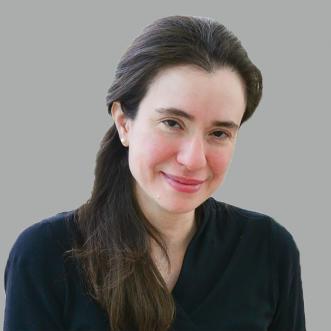




The focus of our research group is to understand the molecular basis of nerve cell function and dysfunction in CNS diseases and disorders. We seek to understand what combination of cell autonomous and non-cell autonomous mechanisms leads to vulnerability in these diseases and disorders, as well as which cell types are most important in considering the actions of CNS-acting drugs such as antipsychotic drugs and addictive drugs. We focus on the development of genetic, genomic, and biochemical methods for the study of the mammalian nervous system, as well as the study of basal ganglia circuits and their dysfunction in disease.
Dr. Heiman’s expertise is in the development of genetic and biochemical methods for the study of the mammalian nervous system, as well as the study of basal ganglia circuits and their dysfunction in disease. She received a B.A. in molecular biology from Princeton University, a Ph.D. in cell biology from the Johns Hopkins University, and post-doctoral training at the Rockefeller University.
James Cameron
Graduate Student, MIT Brain and Cognitive Sciences
Audrey Effenberger
FTF Postdoctoral Fellow
Vanessa Farrell
Laboratory Manager
Francisco Garcia
Hereditary Disease Foundation Postdoctoral Fellow
Preston Ge
MD/PhD Student, MIT Brain and Cognitive Sciences
Rajan KC
Postdoctoral Associate
Hyeseung Lee
Postdoctoral Associate
Raleigh Linville
NIH Ruth L. Kirschstein Individual National Research Service Award Postdoctoral Fellow
Mayowa Oke
MD/PhD Student, MIT Biology
Sebastian Pineda
Postdoctoral Associate
Suphinya ‘Bee’ Sathitloetsakun
Postdoctoral Associate
Flossie Wan
Graduate Student, MIT Brain and Cognitive Sciences
Charlotte Wang
Graduate Student, MIT Brain and Cognitive Sciences
Jessie Xiao
Graduate Student, MIT Biology